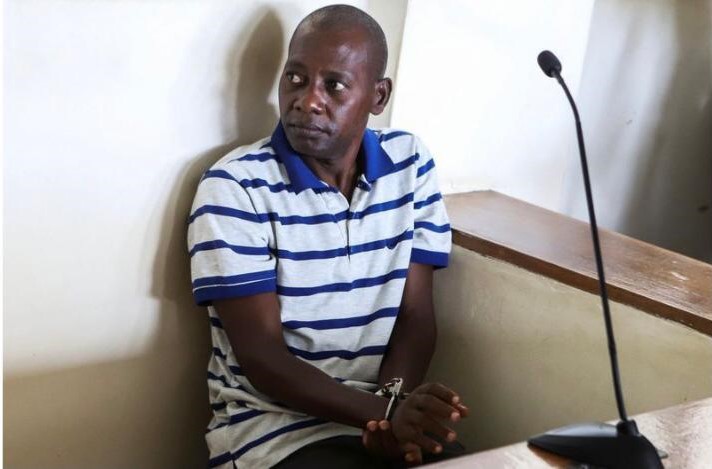Kerry Howard Mwesigwa.
A court in Uganda has brought an end to a contentious dispute surrounding the appointment of a Uganda Law Society (ULS) representative on the Makerere University Council. Lawyer Jude Mbabali had filed a case against the university, questioning the legality of a letter requesting ULS to recommend a representative. The court’s ruling sheds light on the intricacies of the appointment process, upholding the university’s actions as procedurally legitimate.
Jude Mbabali, a rather prominent lawyer and also the Masaka City chairperson, initiated legal proceedings against the Makerere University Council and Secretary Yusuf Kiranda. Mbabali contested a letter issued on January 18, 2023, which sought ULS’s recommendation for a representative on the University Council. He alleged that the decision-making process behind the letter was flawed, citing violations of natural justice, illegal conduct, bad faith, and procedural irregularities.
Mbabali sought to invalidate the decision and requested a prohibition order and permanent injunction to prevent the implementation of what he deemed an “illegitimate decision.” However, Civil Division Justice Musa Ssekaana dismissed Mbabali’s case, affirming the lawfulness of the university’s correspondence with ULS.
Justice Ssekaana clarified that the formal response to the letter, recommending an advocate to the Makerere University Appointments Board, lies within the responsibility of the ULS president. The judge underscored the possibility of Mbabali still being considered for the board’s position. Nevertheless, he criticized the former ULS president for recommending Mbabali when his term was nearing its end. The judge also pointed out that the University Council had not yet officially requested ULS to provide a recommendation.
Addressing the irregularities in the appointment process, Justice Ssekaana highlighted that the outgoing ULS president and executive exceeded their authority by filling positions that were due to become vacant in the new term. He deemed this action an abuse of discretionary power, akin to an “administrative coup or hijack.” The judge emphasized that the university council should adhere to the regulations outlined in the Universities and Other Tertiary Institutions Act and the University Charter, which stipulate the involvement of professional bodies like ULS in recommending individuals for the Appointments Board.














